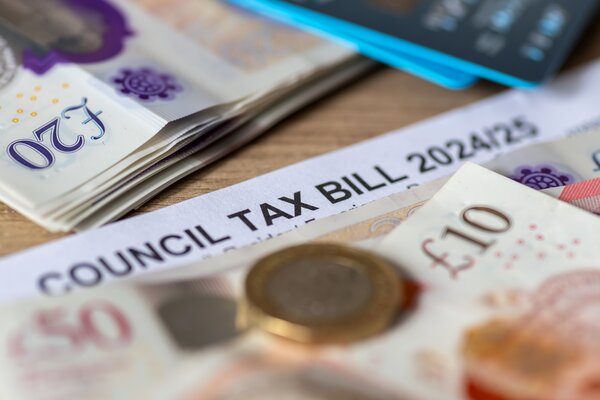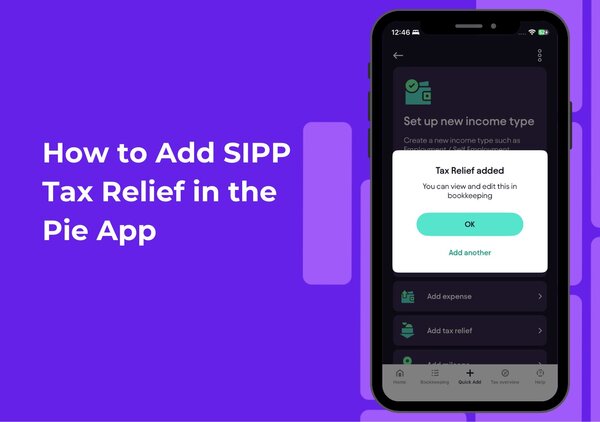Introduction
Prime Minister Keir Starmer has declined to reiterate Labour’s previous manifesto pledge not to increase major taxes, amid heightened speculation over the forthcoming Budget. The comments, made during Prime Minister’s Questions in Westminster, have intensified concerns of potential tax rises as the government faces major fiscal pressures.
Chancellor Rachel Reeves is reported to be considering a range of options to address a significant gap in public finances, raising debate over the government’s policy direction and the impact on UK workers and the broader economy.
Starmer Faces Questions on Tax Commitments
During a session in the House of Commons, Prime Minister Starmer was repeatedly asked whether he would rule out increases to National Insurance, income tax, or VAT pledges that formed a key part of Labour’s pre-election manifesto.
Addressing questions from Conservative leader Kemi Badenoch, Starmer responded, 'The Budget is on November 26 and we will lay out our plans.' He declined to provide a specific commitment to maintain the tax freeze, instead emphasising wider economic progress and government priorities.
The Prime Minister’s remarks have contributed to speculation about the contents of the upcoming Budget, with potential changes to personal taxation now under the spotlight.
Manifesto Promises Under Scrutiny
Before the last general election, the Labour Party committed not to raise National Insurance, income tax, or VAT. However, the government has since faced expanding fiscal challenges, leading to questions about whether these pledges remain in effect.
Responding to Badenoch’s inquiries, Starmer referenced positive indicators such as improved retail sales, lower-than-expected inflation, and an upgraded growth outlook. Nevertheless, he reiterated that fiscal plans would only be set out formally at the Budget, avoiding direct assurances about tax policy.
Pressure from Fiscal Realities
Chancellor Rachel Reeves is preparing her next fiscal statement against the backdrop of what some analysts describe as a multi-billion pound shortfall in the public finances. Independent estimates, including those from the Institute for Fiscal Studies, suggest the figure could be as high as £50 billion, driven by higher borrowing costs, weaker productivity forecasts, and slower economic growth.
Proposals reportedly under discussion include an increase in the basic rate of income tax, possibly from 20p to 21p in the pound, which could generate roughly £8 billion annually. A more substantial rise by two percentage points is estimated to raise around £20 billion each year. Official data shows that the last increase in the basic rate was implemented in 1975.
Debate Over Stealth Tax Measures
Beyond the headline rates, senior government figures have faced questions over whether to extend the freezing of income tax thresholds a policy known as “fiscal drag” that results in more people paying higher rates as wages rise.
The freeze on the £12,570 personal allowance and other thresholds, introduced in April 2021 and set to run until April 2028, has already resulted in millions being brought into higher tax brackets. The Labour-affiliated Fabian Society has suggested extending the freeze by two years to raise an additional £12 billion.
Some analysts warn this could lead to more pensioners and lower-income earners becoming liable for income tax.
Political and Market Reactions
The political debate in Parliament quickly escalated, with opposition leaders warning of a departure from Labour’s previous tax commitments. Badenoch accused Starmer of lacking clarity and asserted that Labour had “blown its economic inheritance.”
Starmer countered by blaming the previous Conservative administration for economic turbulence, pointing to recent positive economic performance indicators. Liberal Democrat Treasury spokesperson Daisy Cooper expressed concern about a possible policy shift, stating, 'People up and down the country will be incredibly worried by what looks like yet another U-turn from this Government.'
She argued that families should not be expected to resolve the fiscal deficit caused by prior government actions. The prospect of tax changes prompted downward pressure on the pound, with sterling falling to its lowest level in over two years against the euro and touching a multi-month low against the US dollar.
Final Summary
The uncertainty over Labour’s stance on tax increases continues as the government prepares to announce its Budget. With economic headwinds mounting and the OBR set to report further weakening in productivity, significant fiscal adjustments are considered likely.
Political divisions over whether to rely on tax rises, welfare reform, or borrowing highlight the complexity of the task facing ministers.
Public debate is likely to intensify as Budget day approaches, with both workers and pensioners concerned about possible changes to income tax, National Insurance, and VAT. For those wanting clarity on managing personal finances amid political change, smart budgeting tools such as the Pie app may provide useful support.











